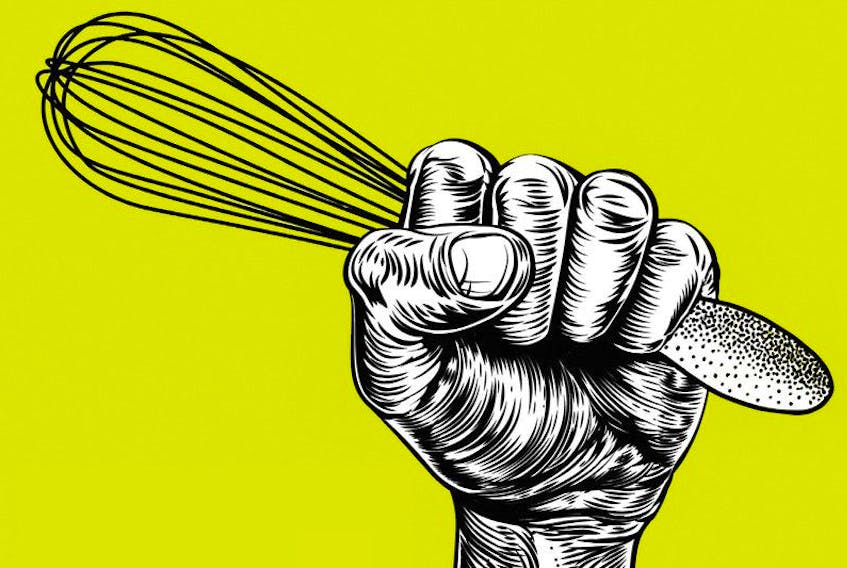By Steven Wolinetz
There are periodic calls to have the House of Assembly open and sitting for longer periods of time. However, this will do little to improve the quality of democracy in Newfoundland and Labrador if members do not have anything to say about the content of government policy and possible alternatives to it.

At present, the level of debate is often banal and sometimes vicious, with personal attacks substituting for substantive discussion and analysis.
The presumption behind our Westminster model of parliamentary democracy is that the government’s job is to govern and the opposition’s job is to oppose. Yet, there is a severe imbalance in information and expertise between the government and ordinary members of the House Assembly.
The government has the civil service at its disposal and is able to commission reports and analyses from outside consultants. In contrast, ordinary members — whether members of opposition parties or, for that matter, the government’s backbench — have few, if any, resources of expertise at their disposal. Most are forced to fall back on personal knowledge (which is normally limited) and comments and complaints from constituents and affected interests. Although this may make it possible to critique policies once they have been implemented and their consequences are known, it means that ordinary members and opposition parties can critique proposed policies only in the most general terms when they are proposed and debated.
Members of the public are at an even greater disadvantage.
At present, the level of debate is often banal and sometimes vicious, with personal attacks substituting for substantive discussion and analysis.
One way to rectify this is to create a research bureau or think-tank attached to the House of Assembly. Think-tanks and research bureaus contribute to public dialogue in most Western democracies.
Reporting to opposition parties and backbench members and supervised by an independent board, the research bureau would be mandated to produce analyses of the government budget and selected policies and alternatives to them.
Analyses of the budget should examine the consequences of alternate patterns of government spending — for example, the impacts of spending more or less on infrastructure or education and training on rates of economic growth, employment and the provincial deficit. Reports on proposed policies should explore relevant research and investigate what has been done in other jurisdictions. Reports should be written in ways that not only members of the House, but also ordinary citizens are able to understand. To foster informed debate, reports should be available to the media and the general public.
If done well, reports might provide a basis for better informed debate in the House of Assembly or, should the House choose to do so, investigation by smaller committees.
It may be useful to consider an example of how such a research bureau might operate. In the next year or two, the province is likely to find itself choosing methods to reduce carbon emissions. The principal alternatives are a carbon tax or signing on to an existing cap-and-trade system, as Ontario and Quebec are doing. Aware of this, the research bureau could examine existing research, distilling key points into a report on the impacts on different sectors of the economy and groups within the population. With such a report in hand, members of the House and the public would be in a better position to participate in an informed debate on the topic.
Several cautions are in order: establishing a think-tank will improve the quality of debate only if it has time to conduct high-quality research and analysis. That means that it has to have sufficient notice of proposed initiatives. Nor will it be possible in any year to investigate more than a few policy areas. Expertise and reports will accumulate over time, but not immediately.
Second, if the research bureau is to function as a source of independent analysis, then it must not be controlled either by the government or by any one opposition party; rather, oversight must be directed from an independent board that is accountable to the House of Assembly. Government and opposition parties should have input into the policy areas investigated, but not a veto over any of them.
Third, a research bureau will have limited resources at its disposal, but can counterbalance this limitation by drawing on existing research and analyses. This can be facilitated if it has access to internal government reports and data as well as outside analyses that it can use to bolster its own work.
Fourth, a think-tank or research bureau will succeed only if members of the House of Assembly and the government pay attention to its analyses, take them seriously, and use them as a basis for questions and debate in the House.
About the Author
Steven Wolinetz (Political Science, Memorial University of Newfoundland) is professor emeritus. His research and teaching have focused on political parties and democracy in Europe and Canada. He is a longtime observer of Newfoundland politics.









